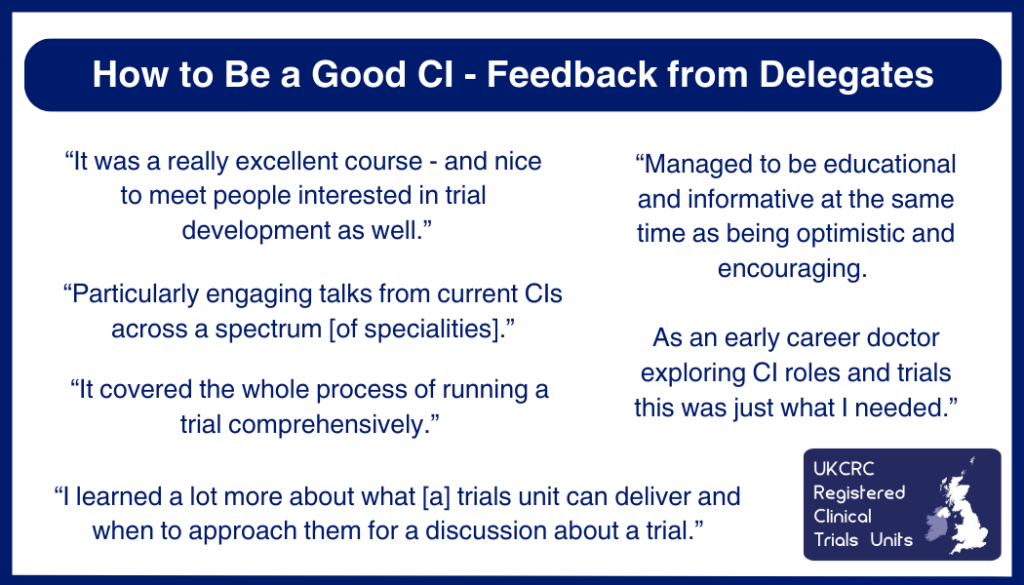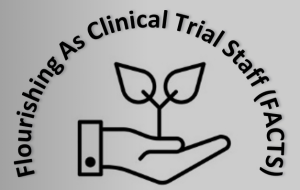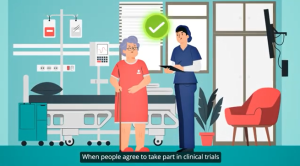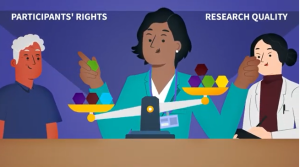The UKCRC Registered CTU Network is pleased to celebrate Earth Day 2025, a day dedicated to environmental protection and sustainability. Earth Day, which began in the United States in 1970, became a global event in 1990, uniting people worldwide in the fight for a healthier planet.
Our Commitment to Sustainability
Over a number of years, the Network has supported work to identify and minimise the carbon footprint of clinical trials and promote a more sustainable approach both centrally and amongst our members.
In June 2024, we proudly became a supporter of the Concordat for the Environmental Sustainability of Research and Innovation Practice.
Sustainable Initiatives
As a network we have reduced the number of face-to-face national meetings we hold and transitioned to providing online meeting materials for all our events.
We have increased the number of webinars, roundtables, and discipline-specific ‘clinics’ we host online, allowing more CTU staff to benefit from shared learning and peer-to-peer support without the need for travel. This shift not only reduces our environmental impact, but also significantly enhances accessibility.
Our Operations Groups work collectively to identify issues in their areas and find ways to mitigate against them. In August 2024, our Monitoring Group released a new resource aimed at helping Clinical Trials Units (CTUs) minimize the carbon footprint of their monitoring activities. Travel for on-site monitoring is a major contributor to the carbon footprint of clinical trials, for example, accounting for an estimated 10-15% of the total environmental impact. This work was highlighted in a debate in the House of Lords in March 2025, underscoring the importance of sustainability in clinical research.
A number of our member CTUs have taken part an initiative across the sector supported at various times by the NIHR and the TMRP to first quantify the carbon footprint of clinical trials, utilising the breadth and depth of leading trials expertise within CTUs to do so, complementing the knowledge brought by industry partners. More recently, they have developed tools to help researchers understand the impact of their intended trial protocol and make evidence-based decisions to minimise that impact. These tools will be piloted across the Network.
Future Plans
We are also excited to announce the imminent release of our strategy for 2025-2030, which will embed environmental sustainability as a core value in all our activities.
As a Network, we foster collaboration among Clinical Trials Units (CTUs) to refine approaches, streamline processes, and share best practices. Our commitment to innovation and learning ensures that trials are designed and delivered with excellence, maximising impact while minimising waste.
Together, we can make a difference. Happy Earth Day 2025!

































